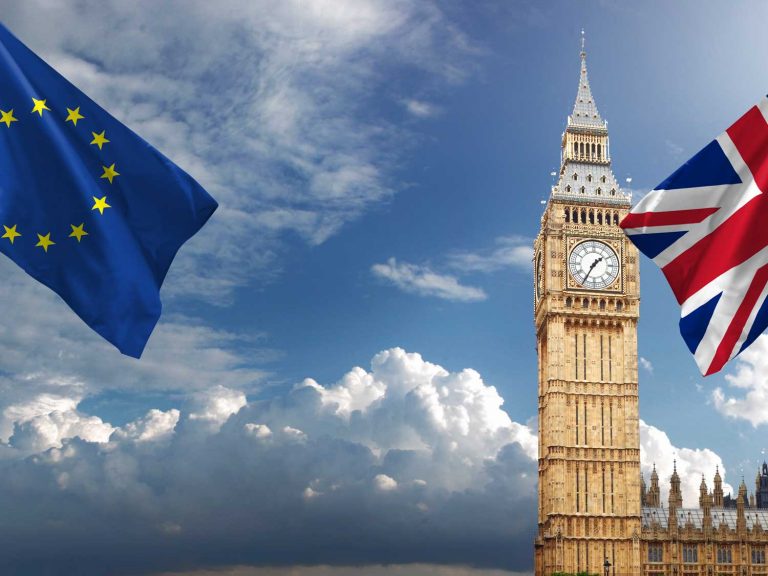
Date:
Brexit politics round-up 12th November
After suffering an expected defeat in the House of Lords on Monday over proposed laws which could breach Britain’s EU exit treaty, the government has affirmed its intention to re-table the contentious plan, that has been explicitly criticised by U.S. President-elect Joe Biden.
Despite the President-elect stressing the importance of the Northern Irish peace deal in his first call to The Prime Minister, Boris Johnson insists the controversial clauses act as a safety net in case negotiations with the EU fail to work out how goods can flow between Britain, Northern Ireland, and across the open border with Ireland.
In the ongoing post-Brexit trade and security talks, the European Union has agreed to ring-fence police and judicial cooperation from potential sanctions in the event of any future trade rows with Britain, which is seen as a significant concession in a bid to unlock the wrangling over a post-Brexit deal.
EU negotiators have refused to drop demands for “cross-suspension” in the areas of the so-called level-playing field, transport, energy and fisheries – essentially allowing the EU to clamp down on most sections of the agreement as part of a dispute.
The discussions over the dispute settlement mechanisms for policing any future deal have been described as a “serious problem”, according to EU sources.
After negotiations in Brussels broke up last week both sides agreed to hold extra sessions between Mr Barnier and Lord Frost’s top deputies dedicated to the governance structures.
HMRC’s new customs IT system, the Customs Declaration Service (CDS), is intended to replace the current Customs Handling of Import and Export Freight (Chief) system and should have been live well before Brexit, but software developers at HMRC have had to focus on the old CHIEF, which has been in place for 27 years, but could only handle around 60 million customs declarations per year, to boost its capacity to 255 million declarations annually.
The Association of Freight Software Suppliers (AFSS), of which Metro are a member, said that “Even if they [HMRC] could deliver a minimum viable product, it is unrealistic to expect that end-users will have sufficient time and knowledge to learn the new processes for January 2021,” he said.
This is particularly true of the Northern Ireland (NI) and Ireland border, where HMRC has mandated that CDS and not Chief will be used.
The association’s members also face challenges beyond CDS, including managing integration to the Goods Vehicle Movement Service (GVMS), HMRC’s New Computerised Transit System (NCTS), which will record and manage goods coming into the UK, and the old Chief system, among others.
The final status of the UK/EU trade deal and HMRC systems, will not change the need for import and export customs declarations and other regulatory requirements may also be required, as the logistics landscape with the EU changes dramatically.
Members of The Association of Freight Software Suppliers, Metro has bespoke, generic and automated solutions to protect your EU trade from the 1st January 2021. For further information contact our post-Brexit Task Team and speak with Andrew White or Jade Barrow.
